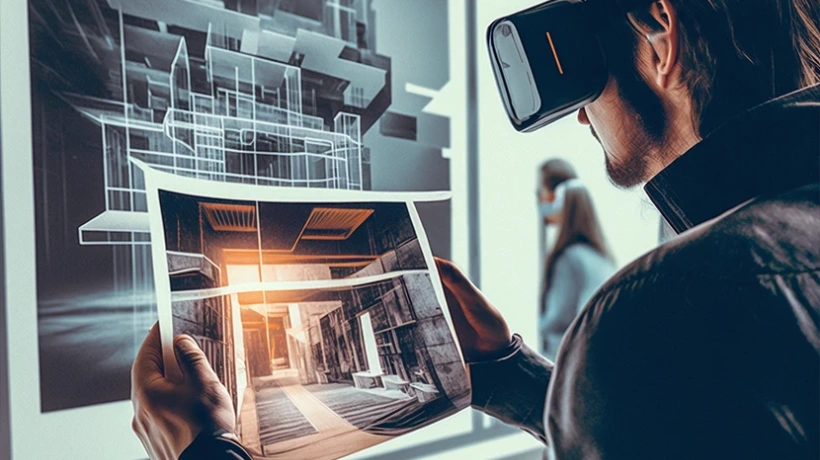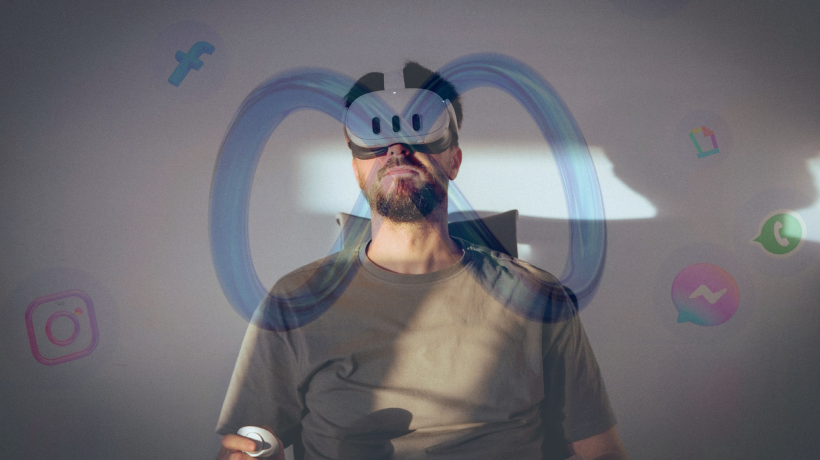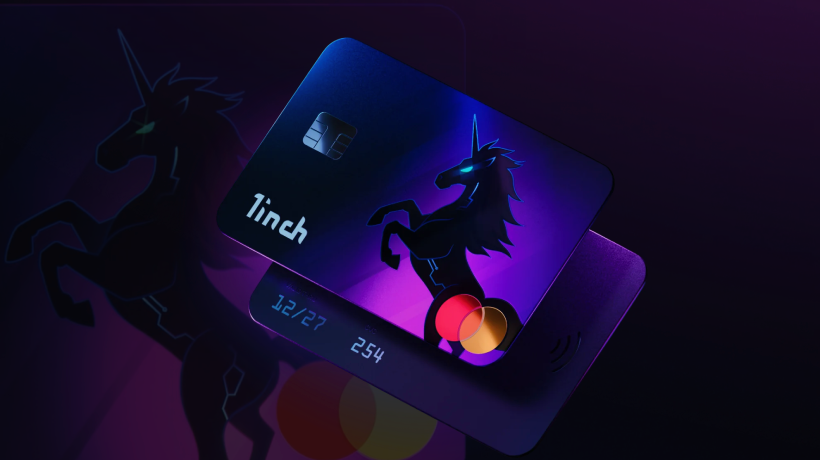
In the world of Web3 there are many terms with which we started interacting, such as blockchain, cryptocurrencies. There are some that we have known for a long time, but that still create a lot of confusion. We’re talking virtual reality and augmented reality.
In general, virtual reality (VR) creates an artificial environment that can be explored and interacted with via a VR device, while augmented reality (AR) overlays virtual elements to a real environment via a screen or AR device.
In detail for VR, the devices used, such as VR headsets, PCs or game consoles for interaction controllers and sensors, create an immersive experience for the user, who can "enter" an artificial world and interact with it. Virtual reality is used in many industries, including games, entertainment, education, medicine, and military.
Users of AR, however, can access it via a device such as a smartphone or tablet with a camera and an internet connection. In addition, a specific AR app is required to perform real-world overlapping of digital elements. It creates a hybrid experience between the real world and the digital world. Augmented reality is used in many practical applications, including product design, training, and games.
In summary, virtual reality creates an entirely digital artificial world that can be explored and interacted through a VR device, while augmented reality overlays digital elements in a real environment. Both technologies offer new opportunities for learning, communication and productivity in many industries.
Virtual Reality (VR):
Augmented Reality (AR):
Augmented reality and virtual reality are currently experiencing a period of growth and development. AR is becoming increasingly popular for use in shopping, gaming, and marketing apps, while VR is used for gaming, entertainment, and professional training.
In the future, AR and VR are expected to have a significant impact on many sectors, such as medicine, education, design, tourism and industrial production. For example, AR could be used to provide interactive real-time instructions when repairing equipment. VR could be used to simulate training and training experiences and environments.
Both offer unlimited opportunities for innovation and the creation of new experiences, making technology an important part of the future of everyday life and work.

Viola Meacci, student of Biomedical Engineering at the University of Pisa, has always been interested in the world of journalism. In her job, she explored the world of blockchain, cryptocurrencies, NFT and metaverse which she now very is passionate about it .





